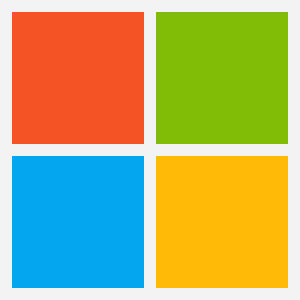The advent of big data heralds a new era of precision healthcare, where medicine is tailored to individuals, reducing cost, suffering, and missed treatment opportunities. AI can play a key role in this transformation by discerning knowledge from data and separating signal from noise.
At Microsoft Research’s Health Futures, we aspire to advance AI toward developing health systems that can instantly incorporate any new information to optimize delivery and accelerate discovery. A key bottleneck is that current health systems are mired in overwhelming unstructured data. Recent advances in generative AI, such as large language models (LLMs), offer unprecedented “universal structuring” capabilities that can supercharge health information processing and unlock many high-value applications in real-world evidence and precision health.
Health Futures is an interdisciplinary team of scientists, engineers, and medical practitioners who endeavor to develop next-generation AI for precision healthcare. We offer a unique vibrant environment that features cutting-edge academic research, enterprise software development, and real-world delivery, with close feedback loops and rapid iterations among all three, much like a lean startup.
The role
Health Futures (UK), is looking for AI residents (fixed-term researchers) in Real -World Evidence with a background in multi-modal learning and/or causal inference. As an AI resident, you will be part of the Real-World Evidence team, a multi-disciplinary group of researchers, software developers, and clinicians that aims to “advance health at the speed of AI”.
The research as an AI resident will involve building causal and multimodal models with unstructured electronic health records such as text, images, and multi-omics to scale biomedical evidence generation from real-world observational data. This role offers a unique opportunity to work on real health problems while being exposed to and developing state-of-the-art approaches in causal and multimodal learning with the potential of impacting millions of patients around the world.
Come and join our vibrant team as part of our two-year residency program and contribute to this vision to help patients around the world have a better future.
Responsibilities:
- Conduct analyses using real-world data (RWD) sources such as electronic health records, medical images, and multi-omics to explore opportunities for modeling.
- Collaborate with cross-functional teams to design and implement state-of-the-art systems by considering medical factors and responsible AI principles.
- Communicate findings to internal and external stakeholders.
- Contribute to an evolving team with a growth mindset, creating clarity and influencing the team direction.
Qualifications
Required/Minimum Qualifications:
- PhD degree (or on-track to complete) in one of the following areas: Computer Science, Physics, Statistics, or a related area. Candidates without a PhD but with hands on experience on analysing medical data are also encouraged to apply.
Preferred/Additional Qualifications:
- Be passionate about healthcare applications and improving patient outcomes.
- Experience in working with biomedical data a plus; willingness to learn a must.
- Impact driven mindset and ability work and learn in a collaborative and diverse environment.
- Strong verbal and writing communication skills.
- Hands-on experience implementing machine learning models and software engineering skills for prototyping and testing new research ideas.
- Track record of publications in top ML, NLP, or computer vision venues






